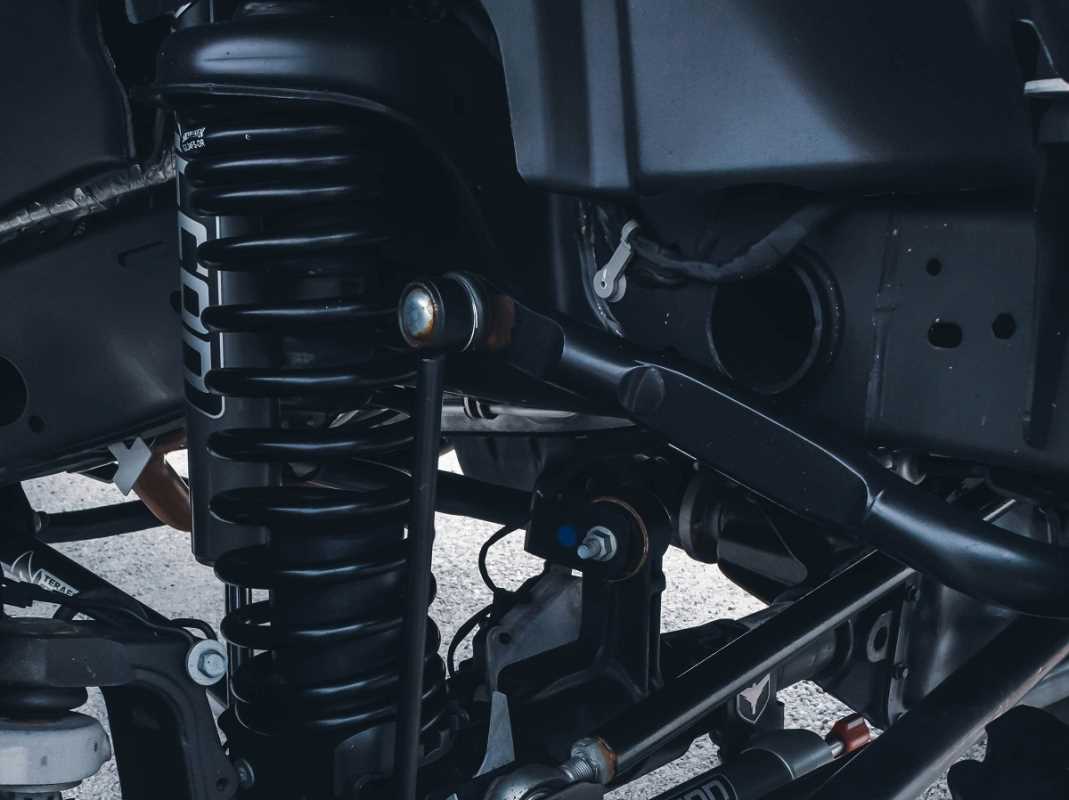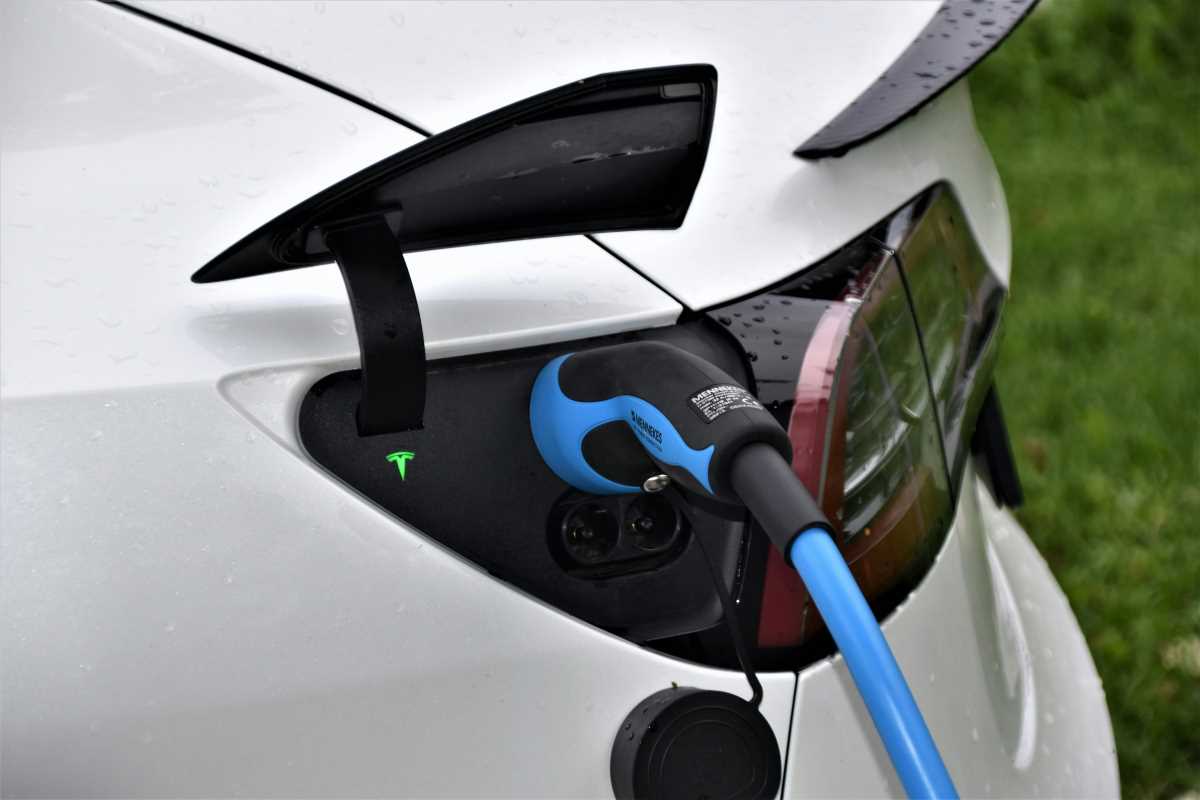The transportation sector plays a crucial role in the global economy, particularly the long-haul trucking industry, which forms the backbone of freight movement across vast distances. As the demand for efficient and environmentally friendly solutions grows, hydrogen fuel cells emerge as a promising technology that will revolutionize long-haul trucking. By addressing key challenges related to sustainability and operational efficiency, hydrogen fuel cells offer a transformative path forward for the future of freight transportation.
Understanding Hydrogen Fuel Cells
Hydrogen fuel cells are devices that convert chemical energy from hydrogen into electrical energy through an electrochemical reaction with oxygen. Unlike traditional combustion engines that burn fuel to create energy, fuel cells generate electricity without combustion, resulting in higher efficiency and lower emissions. The primary components of a hydrogen fuel cell include the anode, cathode, and electrolyte membrane, which work together to facilitate the flow of electrons and produce water as the only byproduct.
This technology differs significantly from conventional fuel sources such as diesel. While diesel engines rely on burning fossil fuels, hydrogen fuel cells utilize clean hydrogen, offering a sustainable alternative that reduces vehicles' carbon footprint. Fuel cells' efficiency in converting energy also surpasses that of internal combustion engines, making them a viable option for long-haul trucking, where fuel efficiency is paramount.
Current Challenges in Long-Haul Trucking
The long-haul trucking industry faces several challenges that impact both the environment and operational efficiency. One of the primary concerns is the high level of greenhouse gas emissions produced by diesel engines, contributing to air pollution and climate change. The reliance on non-renewable fossil fuels makes the industry vulnerable to fluctuating fuel prices and supply chain disruptions.
Operational efficiency is another critical issue, with long-haul trucks requiring substantial amounts of fuel to cover extensive distances. The weight and volume of diesel fuel needed for these journeys add to the overall operational costs and decrease payload capacity. Addressing these environmental and efficiency challenges is essential for the sustainability of the trucking industry.
Integration of Hydrogen Fuel Cells in Trucking
- *Nikola Motor Company* has developed hydrogen-powered semi-trucks aimed at reducing emissions and improving fuel efficiency in long-haul operations.
- *Toyota* is investing in hydrogen fuel cell technology, partnering with logistics companies to deploy fuel cell trucks for regional freight transport.
- The European Union is funding numerous projects that integrate hydrogen fuel cells into commercial trucking fleets to achieve its sustainability goals.
- *Hyundai* is collaborating with hydrogen infrastructure providers to ensure the availability of refueling stations for its fuel cell trucks.
Benefits of Hydrogen Fuel Cells in Trucking
- Significantly lower emissions, reducing the environmental impact of long-haul trucking.
- Higher fuel efficiency compared to traditional diesel engines, leading to cost savings over time.
- Faster refueling times, enabling trucks to minimize downtime and maintain consistent delivery schedules.
- Increased payload capacity due to lighter fuel cell systems compared to battery-electric alternatives.
- Enhanced energy security by utilizing domestically produced hydrogen, reducing dependence on imported fuels.
Challenges and Limitations
- High initial costs for hydrogen fuel cell technology and infrastructure development.
- Limited availability of hydrogen refueling stations, particularly in remote or rural areas.
- Storage and transportation challenges associated with hydrogen, requiring specialized tanks and handling procedures.
- Technical hurdles related to the durability and lifespan of fuel cell systems under heavy-duty use.
- Regulatory and standardization issues that need to be addressed to ensure widespread adoption.
Case Studies and Real-World Applications
One notable example is the collaboration between *Solectrac* and *Kenworth* to develop hydrogen-powered tractors for agricultural and industrial use, demonstrating fuel cell technology's versatility beyond traditional freight applications. In Europe, companies like *EDF Energy* have successfully deployed hydrogen fuel cell trucks on major logistics routes, showcasing the feasibility and benefits of this technology in real-world scenarios. These initiatives highlight the potential of hydrogen fuel cells to integrate seamlessly into existing logistics frameworks, promoting sustainability and efficiency.
Furthermore, advancements in custom car manufacturing are also contributing to the broader adoption of hydrogen technologies by enabling the production of lightweight and efficient components tailored for fuel cell systems.
Hydrogen fuel promises a sustainable and efficient future for long-haul trucking. As technology advances and infrastructure expands, hydrogen fuel cells are set to play a pivotal role in transforming the trucking industry, paving the way for a cleaner and more reliable transportation network.
 (Image via
(Image via





